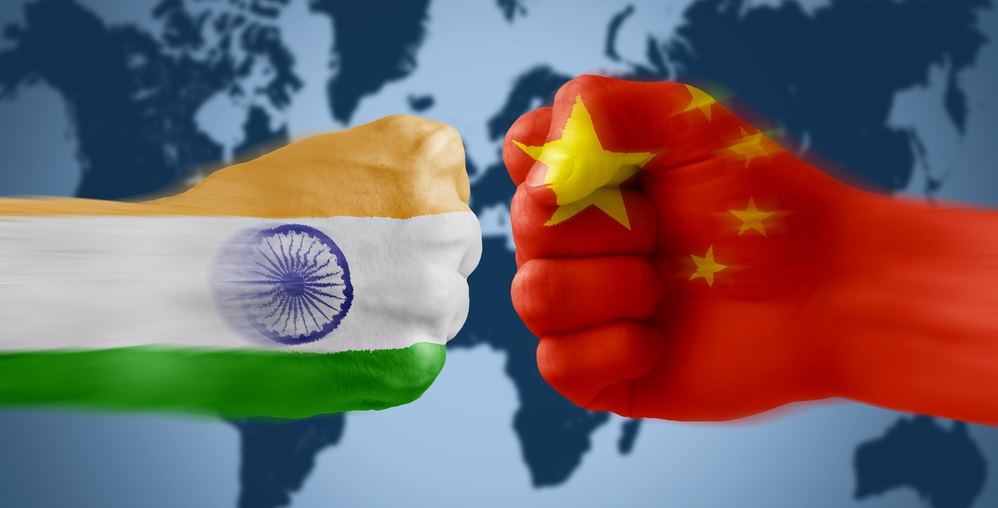
India’s Foreign Policy – Aspirations and Failures
The foreign policy interests must match domestic interests. The foreign policy of any country is based on interests, hopes, and honour. The interests, hopes, and honour in the domestic sphere are dominated by the ruling party, but in a democratic country like India, the foreign policy must be dominated by the Parliament and the overall goal of the country and its constitution.
India is a democratic country and the aspirations of the Indians is captured in the constitution. The political parties and the democratic institutions are the children of the constitution and hence they are subordinate to the constitution. It is true that the foreign policies like any other policies must be pragmatic in nature, but it is equally true that they must be guided by certain principles that have been agreed upon and therefore we have various platforms to devise the strategies to further the interests of the country, keep up the hope, and protect the honor.
Recently, during the Doklam standoff with China, the Chinese state media, the Global times, claimed that the Hindu Fundamentalists will make war with China to further their domestic political agenda. We have similar reporting from the Pakistani media. China and Pakistan are India’s neighbours and our country have a long history of the battered relationship and even war with these two neighbouring countries.
Both of them are allies and they have merged their economic interests through China-Pakistan Economic Corridor (CPEC) as a part of Chinese policy of One Belt One Road (OBOR). It is also becoming clear that India’s economic interests have become closely tied to the Chinese economy as India is not only importing the mobile phones from China, but significant Chinese investment is also coming up in various sectors. If the CPEC delivers, the Pakistanis are hoping a considerable rise in their economy and infrastructure. The Pakistani economy is doing very well in the recent period. Can the economy be the viable way out of this entangled tripartite standoff between India, China, and Pakistan?
India is a democratic country. Pakistan has seen the rise and fall of democracy time and again, but largely remain controlled by the military. The Chinese politics is dominated by one party. The nature of political systems in these countries and their domestic compulsions of the ruling classes determine the foreign policies of the three countries. Can India put forward a model of negotiations based on the deep values of democracy and justice?
The societies of these three countries are different. Pakistan is the Islamic Republic. India is people’s republic. China is the communist republic. It is imperative for these three countries to come up with a viable diplomatic device to quell the emerging volatile situation. The issues like Rohingya and other minorities emerge from time to time and there are unsettled border disputes which must be solved with the regional blocks. India is working closely with Japan on developing economic partnerships and India has been the major supporter of Bhutan and Nepal, both of the countries have been diplomatically close to India, but we do not know the future. Whatever we do in the international, the theatre of action will always remain close to the borders and neighbourhood.
Author – Mangesh Dahiwale, Human Rights Activist




I am not a foreign policy expert but one thing I noted that here in America, Pakistan diplomate have better access to American power brokers than Indian .